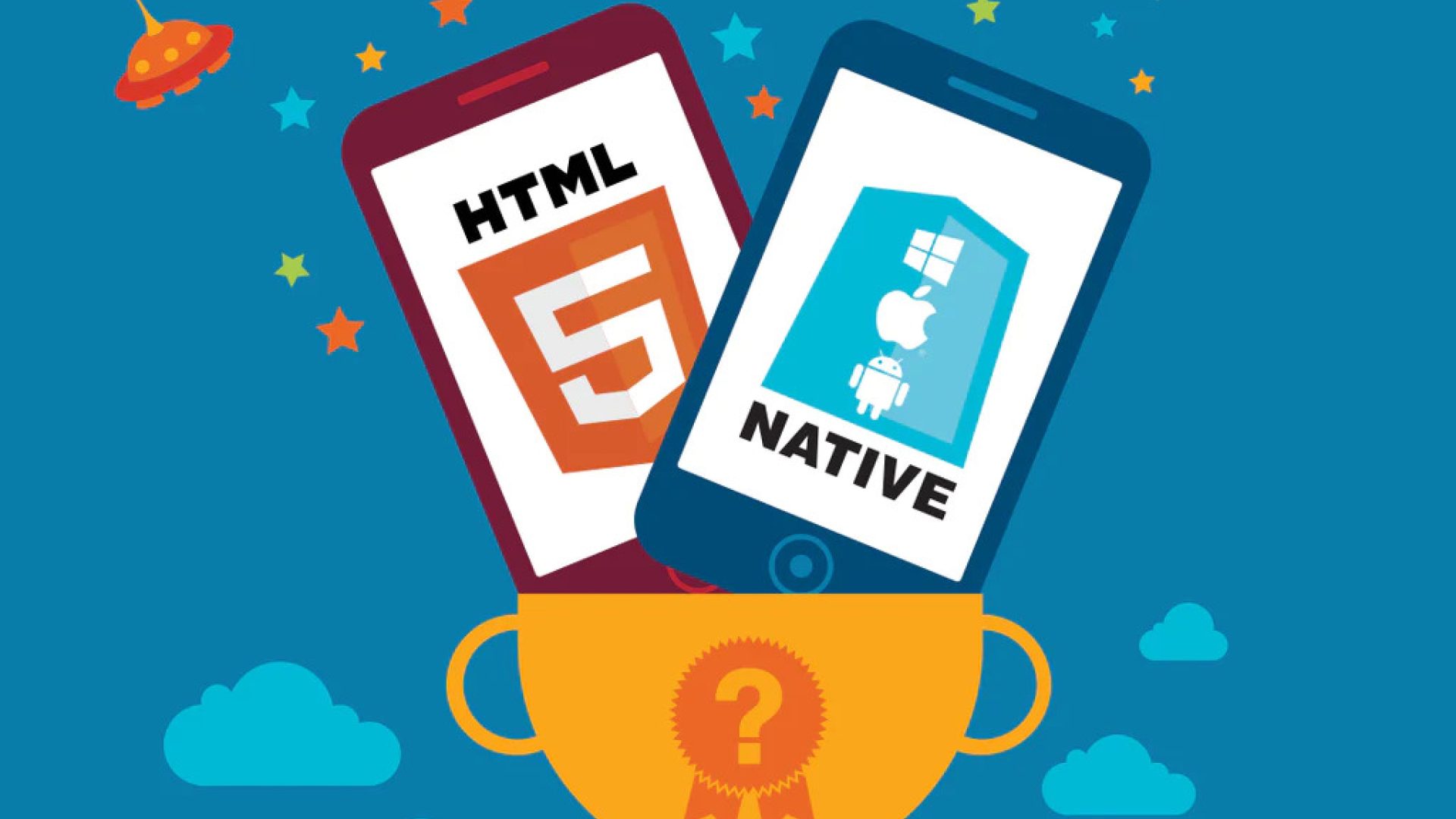Native Apps VS Hybrid Apps: Which and Why?
Thinking of jumping into the app development arena? One of the crucial questions to first be considered is whether to create a native or hybrid application. Each approach offers distinct advantages which will be more valuable or not depending on your timeframe, budget and business or venture requirements. When deciding which is the best for you or your business it is crucial understand their differences and which situational factors impact on your future decision to go ‘native’ or ‘hybrid’.
Firstly, what are the primary differences of native and hybrid apps?

Native apps are the first point of call when thinking of developing an app, in fact the majority of apps already available on your mobile device are native apps. Some examples of popular native apps include Facebook, Shazam and Twitter. They are mobile applications that are developed and created specifically for use on a mobile operating system, such as Android and iOS, and are written using coding languages that the platform readily accepts. For example, languages such as Swift or Objective-C for iOS and Java for native Android apps.
Why are most apps native? Simply, the reason is that they host a significant number of advantages, few of which will be discussed here:
They perform very well, and offer the fastest and often most reliable experience to users.
They are able to match each app’s UI [User Interface] and UX [User Experience] to the platforms conventions making them homely and user friendly.
Native apps utilise many of the mobile device’s native features which makes it easier tap into their wider functionality which in turn offers a greater user experience by leveraging native device functionality and responsiveness.
Native apps are also able to make use of popular push-notifications which allows (the app developer) the opportunity to continually bring users back for more - a key metric to a successful app.
Hybrid apps as you can imagine are the hybrid result of a native app and a web app - essentially it is installed like a native app but it runs via a web app on the inside. Hybrid apps are built through using a range of different technologies and hybrid development platforms using languages such as Javascript, HTML and CSS; but they run through WebView, which is a simplified browser existing within the app. Popular hybrid apps include the Apple App Store, Yelp, the Amazon Web Store and even Uber.
The most distinct advantage of creating a hybrid app is that they allow for the rapid release of the same app on multiple platforms and realise goals such as creating an usable product as quickly as possible, or in startup world terms an MVP - Minimum Viable Product. This approach means that your app has a greater chance at being the first of its kind to penetrate the market and be accessible on the App Store, which can have a significant advantage permitted that the app is able to run well with few bugs. Other advantages of hybrid apps include:
There is one unified, central codebase which can be built and ran on different platforms with minimal tweaking. Developers for hybrid based apps are generally less expensive than their counterpart native devs.
Thus, a substantial amount of money and time can be saved which would have otherwise be spent developing and maintaining separate code bases.

So which route is the best for you? It depends. The viability of Native and Hybrid apps on your app development journey can vary on a wide range of factors:
Pro Native Solution
You want to build a clean, refined product that makes use of the native mobile device’s functions, such a push-notifications, camera and swipe gestures.
You value user experience (UX), performance and UI over all else, even profitability.
You aren’t running on a tight budget or timeframe.
You plan on building an app with complex functionality with a seamless audience experience.
Pro Hybrid Solution
You are trying to get the app out on the market as soon as possible, in order to gain a lot of user feedback.
You are on a smaller budget and timeframe.
You don’t mind too much about creating a ‘refined’ or ‘seamless’ product.
The best direction to pursue in terms of choosing a native app or a hybrid app is entirely dependable on many factors, as mentioned previously. It is probable that there will always be some kind of limitation in terms of time, money and user functionality which will push you to make a certain decision about your app.
It is important to spend time thinking and calculating the pros and cons of which route you would like to choose for your app. Here at PixelForce, we are proud to have the best and brightest in Adelaide’s mobile app and web development industry here to help. Having extensive experience in building apps of all types and functionalities, we’re confident that we will be able to help guide you through the best options.
